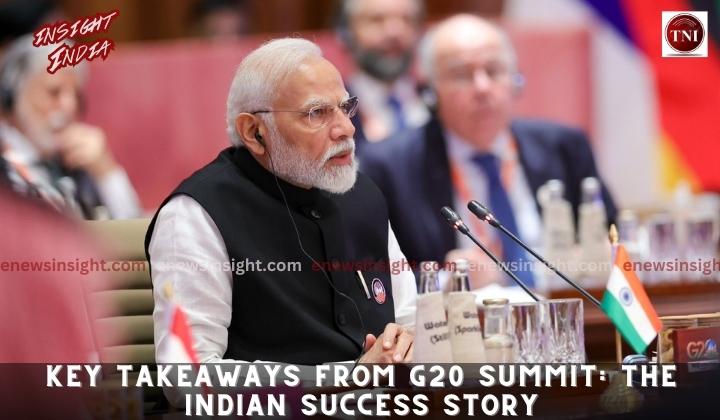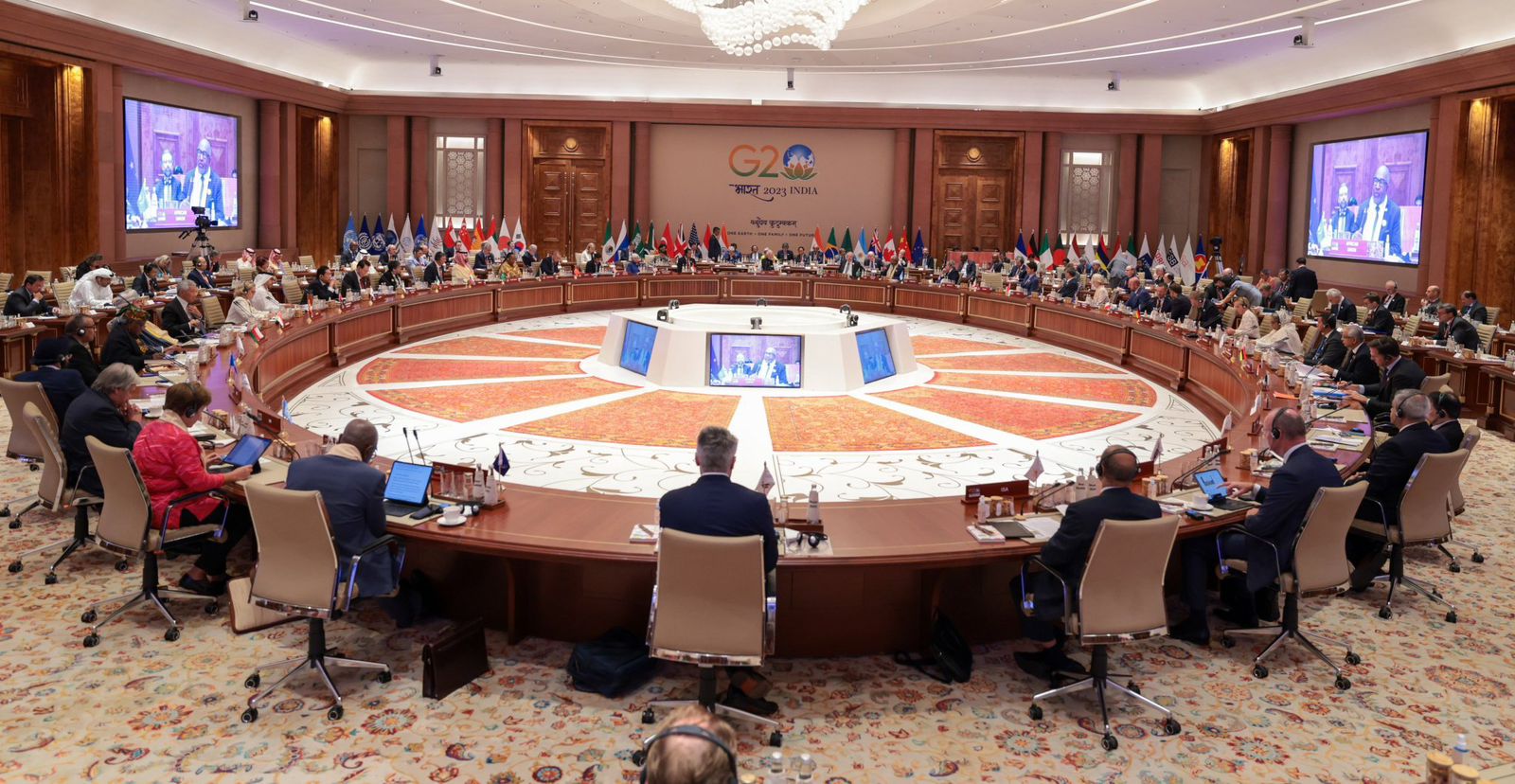Key Takeaways from G20 Summit: India Marches Ahead
Leaders from the world’s top 20 economies concluded their summit in the Indian capital, Delhi, on Sunday, highlighting significant developments and agreements that showcase India’s growing influence on the global stage. Here are the key takeaways from the G20 Summit:
1. New Delhi Declaration: The New Delhi Leaders’ Summit Declaration, adopted by the G20, prioritizes peace over conflict and urges nations to respect international law. The declaration, announced by Prime Minister Narendra Modi during India’s G20 presidency, focused on the war in Ukraine and geopolitical tensions. Four Indian Foreign Services officers, namely Enam Gambhir, Ashish Sinha, Abhay Thakur, Nagaraj Naidu Kakanur, worked tirelessly to draft the declaration, which achieved 100% consensus. The negotiations on Ukraine were particularly challenging, but the diplomats enlisted the support of Brazil and South Africa, forming a troika with India to reach consensus between the G7 and Russia-China bloc. Phone calls between Prime Minister Modi and President Putin and a bilateral with President Biden helped seal the deal.
2. African Union’s Permanent Membership: In a historic move, the G20 officially welcomed the African Union (AU) as a permanent member, elevating it to the same status as the European Union. This step enhances representation from the Global South within the G20, emphasizing inclusivity.
3. Diplomacy on Ukraine: While addressing the conflict in Ukraine, G20 nations expressed a consensus on the principles of not acquiring territory by force and acknowledged the suffering of the Ukrainian people. This marked a shift from the previous year’s direct condemnation of Russia, demonstrating diplomatic pragmatism.
4. India’s Diplomatic Leadership: Hosted by India, the summit showcased Prime Minister Narendra Modi’s efforts to position India as an influential diplomatic and economic power. India’s role in maintaining unity on Ukraine and facilitating discussions on global issues underscores its rising prominence.
Support Independent Journalism? Keep us live.
5. India-Middle East-Europe Economic Corridor: India, the United States, the United Arab Emirates, Saudi Arabia, France, Germany, Italy, and the European Union signed a Memorandum of Understanding (MoU) to establish the India-Middle East-Europe Economic Corridor. This ambitious project aims to boost trade and connectivity between these regions, fostering economic cooperation.
6. Green Climate Fund Commitment: British Prime Minister Rishi Sunak pledged $2 billion to the Green Climate Fund, aimed at assisting developing nations in coping with climate change. This contribution underscores the G20’s commitment to addressing environmental challenges.
7. Incremental Progress on Climate Change: G20 leaders agreed to triple global renewable energy capacity by 2030 and acknowledged the need to phase out unabated coal power. While the summit did not outline specific policies or funding pathways, it sets the stage for discussions at the upcoming COP28 U.N. climate summit.
8. Central Bank Digital Currency (CBDC): India’s Reserve Bank is set to launch a pilot of the Central Bank Digital Currency for interbank transactions, potentially revolutionizing financial systems.
9. Geopolitical Realignment: Saudi Arabia’s Crown Prince, Mohammed Bin Salman, forging closer ties with India at the G20 Summit and bypassing Pakistan signifies shifting alliances in the region.
In summary, the G20 Summit in Delhi highlighted India’s emergence as a diplomatic and economic force, with significant outcomes in areas such as global diplomacy, infrastructure development, climate action, and financial innovation. These developments reinforce India’s standing on the world stage and its commitment to shaping global agendas.




Comments are closed.